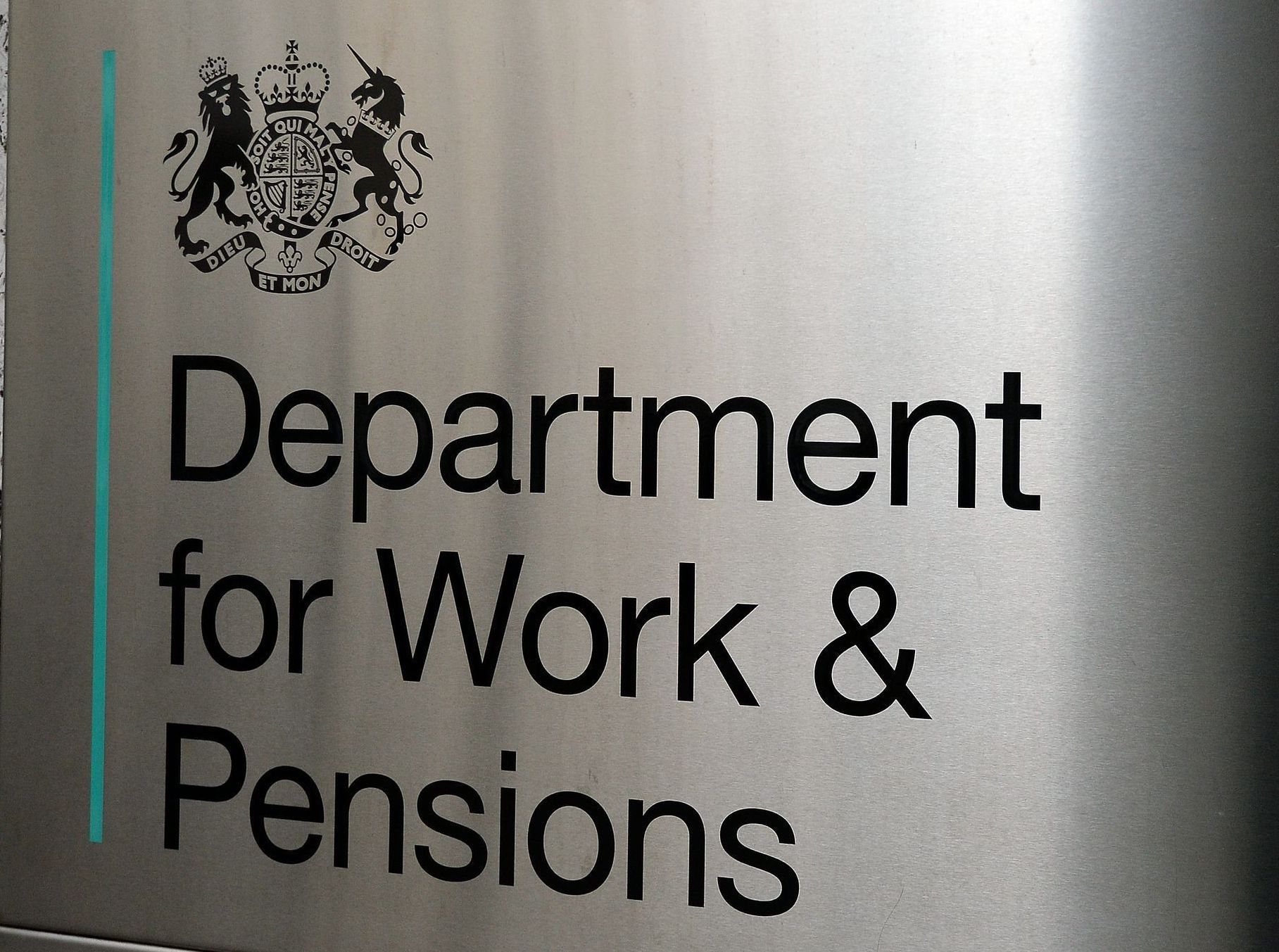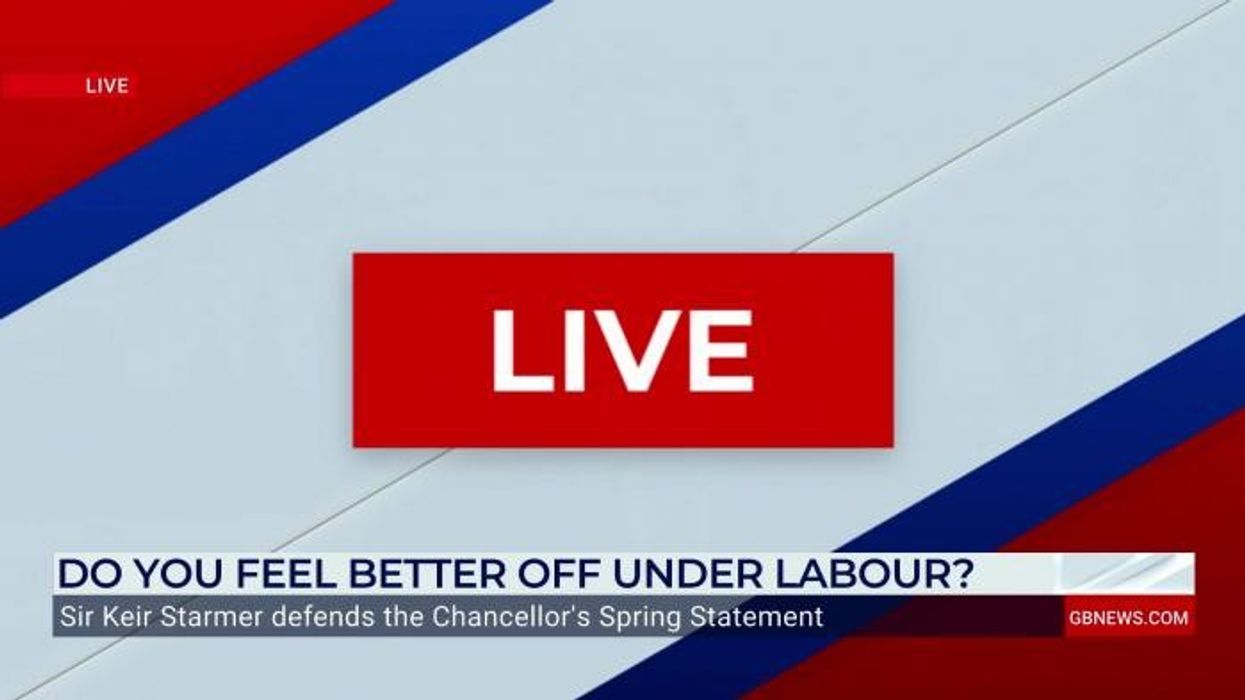State pension payments could drop next year as DWP introduces two major changes

Despite the triple lock in place, upcoming changes could reduce how much state pensioners receive in retirement
Don't Miss
Most Read
State pensioners are set to face two significant changes from April 2026 that will impact their payments.
The full new state pension currently stands at £230.25 a week, or £11,973 a year, while the full basic amount is £176.45 a week, or £9,175.40 annually.
Changes to the state pension are on the horizon, and they could affect millions of pensioners. Starting next year, the state pension age will rise gradually from 66 to 67, impacting those born between April 6, 1960, and May 5, 1960, who will see their retirement pushed back by a month.
This change will continue in phases until 2028, with the full rise to 67 expected by that time. But there’s more, the full new state pension is nearing the £12,570 personal allowance threshold, meaning some pensioners could face unexpected tax implications.
While the triple lock policy guarantees an annual rise, these shifts in eligibility and tax could reduce how much pensioners receive.
Looking even further ahead, the state pension age will continue to climb, with plans to rise from 67 to 68 between 2044 and 2046.
This gradual change raises serious questions about the future of retirement for UK workers.

This gradual change raises serious questions about the future of retirement for UK workers
| GETTYMissing out on just half a year of state pension payments due to an increase in the state pension age could cost pensioners around £5,980, based on the full new state pension rate.
This financial impact will be even greater when considering next April's triple lock increase. The triple lock guarantees that state pensions rise each year by the highest of 2.5 per cent, average earnings or inflation. This means the actual loss to pensioners' pockets will be more substantial than the current estimates suggest.
Those planning for retirement should factor in these changes when calculating their future income.
Another concern for those relying on the state pension is the potential tax implications from next year.

Those planning for retirement should factor in these changes when calculating their future income
| PAThe full new state pension is projected to be £11,973 annually, which is only about £600 below the personal allowance limit of £12,570. Once this threshold is exceeded, income tax becomes payable.
A modest five per cent increase in the state pension would push recipients over that threshold.
With average earnings currently at 5.6 per cent, which is the highest of the three triple lock measures, such an increase appears increasingly likely. This means many pensioners could find themselves paying income tax solely on their state pension income.
Labour was recently questioned about whether it would consider raising the personal allowance for state pensioners to prevent taxation solely on state pension income.

Around 80 per cent of pensioners were already subject to income tax in the 2022/2023 tax year
| GETTYDWP minister Torsten Bell responded: "The previous Government made the decision to freeze the income tax Personal Allowance at its current level of £12,570 until April 2028."
He added: "At our first Budget, we decided not to extend the freeze on personal tax thresholds."
Bell highlighted that over 80 per cent of pensioners were already subject to income tax in the 2022/2023 tax year.
He stated: "This Government is absolutely committed to supporting pensioners and giving them the dignity and security they deserve in retirement."











